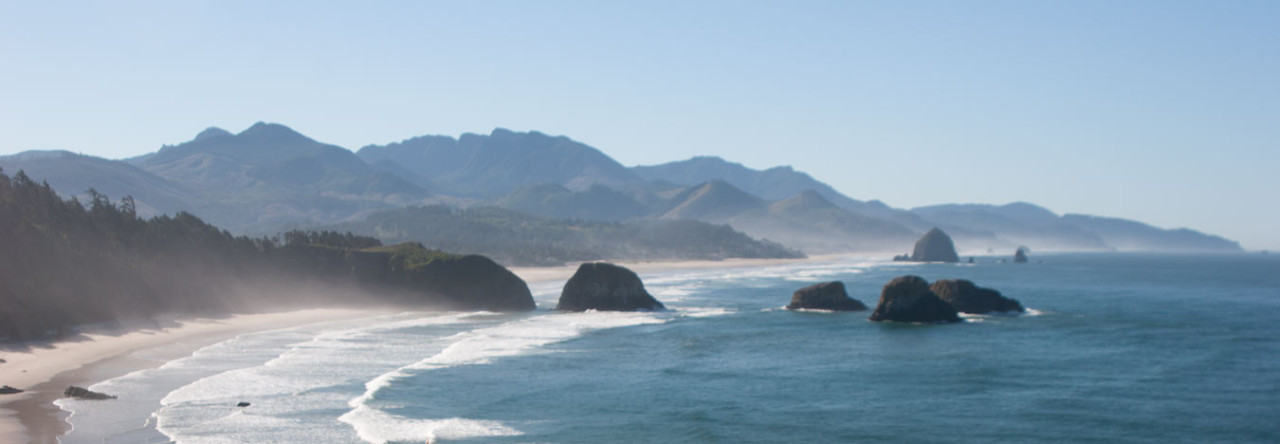It’s no surprise that teachers at my school have been working on ways to talk about the upcoming inauguration constructively. If chasing after ambitious teaching moments were an Olympic sport, we’d be in medal contention every year. With our focus on external learning and project learning, it is a regular practice to squeeze learning out of the most unlikely of places. After our uniquely toxic election, this inauguration looks to be a tremendous teachable moment, and also one with a high degree of difficulty.
Illuminating the democratic process for students is valuable for a number of reasons. For teenagers entering the world, this may be the first time they have had a chance to see an inauguration, and perhaps the last time they will be in a school setting to discuss what it means. Participation in a structured activity around this pivotal moment in our political process could help them become more engaged citizens. Without a structured activity, students could be more susceptible to what they see in the swirling, fake-news vortex that has become social media, or worse, kids could disengage with our political process altogether.
An inauguration lesson has a lot of benefits, but it also poses many problems. Sitting down and watching any inauguration is going to be low on the entertainment scale. It will begin with a lot of nameless political figures shaking hands and sitting in the cold while TV broadcasters drone on about whatever. People will then give speeches whose eagerness to depict the future of America and there will be a music or poetry performance or two. There will be the oath, followed by a presidential speech. Watching this live with squirmy teenagers packed into a classroom, or an auditorium (shudder), sounds like a management challenge. Telling kids that we need to stop classes, stop what’s normal and safe for them, in order to watch this live is something that is instantly educationally valuable. Students may want to protest a live viewing, and I’d probably agree with them.
There are lots of ways that an inauguration watching alone could lead to a missed opportunity. The key to watching any historic event comes from how you make sense of it. Helping students making sense of this is something that will take place through open conversation about the inauguration, not silent observation of the proceedings.
How do we help students make sense of this inauguration?
Teachers at our school are progressing towards a plan that will involve workshops in our advisories ahead of time. These can help the students make sense of the events, ask questions, and learn ways to take action ahead of the event. Teachers could also be empowered to make lead these discussion with some presentation notes that could be prepared ahead of time, instead of having to react to the days events in real time. During the event we could allow for optional inauguration coverage, or we could try to have someone create an edited version of the video for the school that can be aired a few periods later. We can also have additional spaces for conversation after school in cooperation with the student government.
How are your schools thinking about teaching around this inauguration? How best can we take advantage of this teachable moment?
